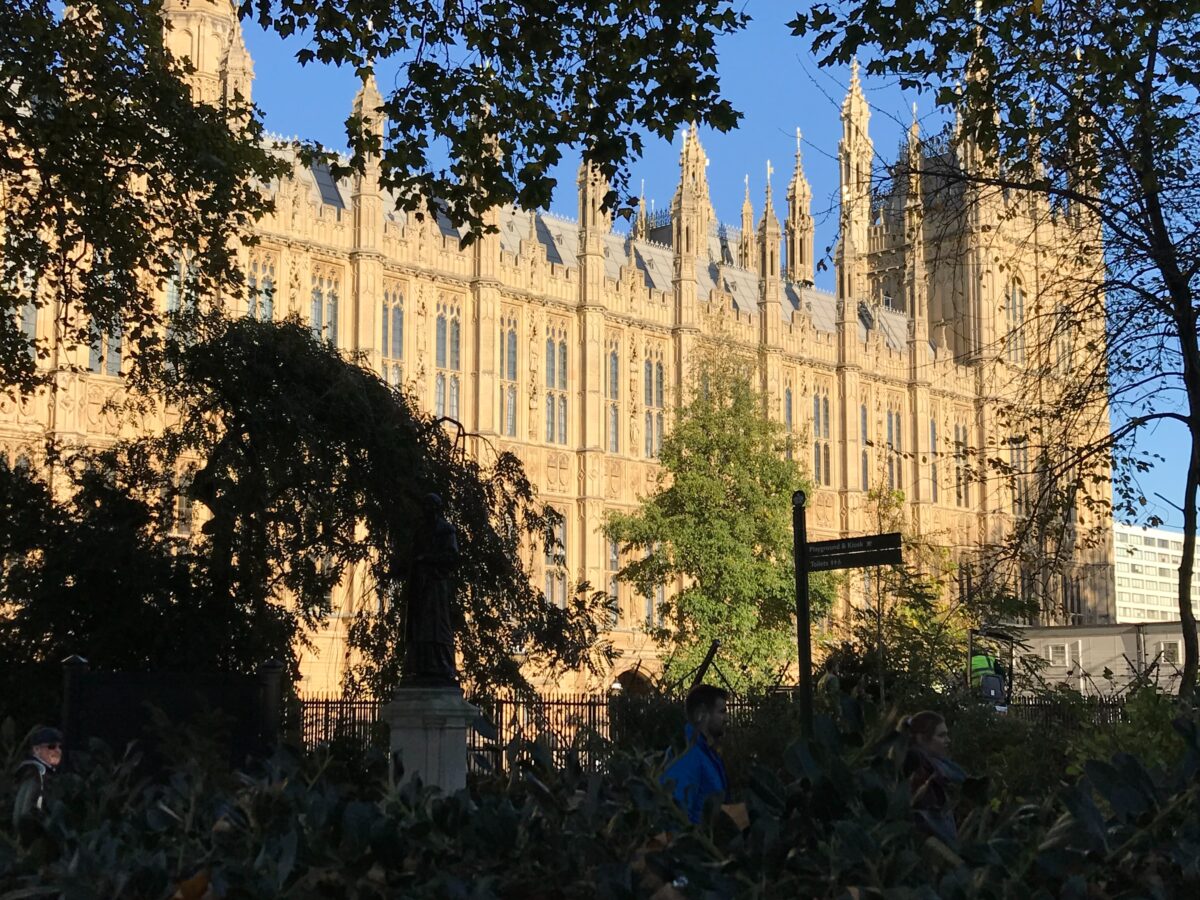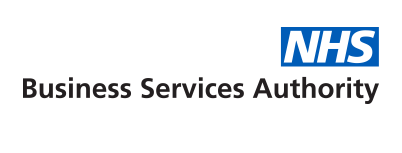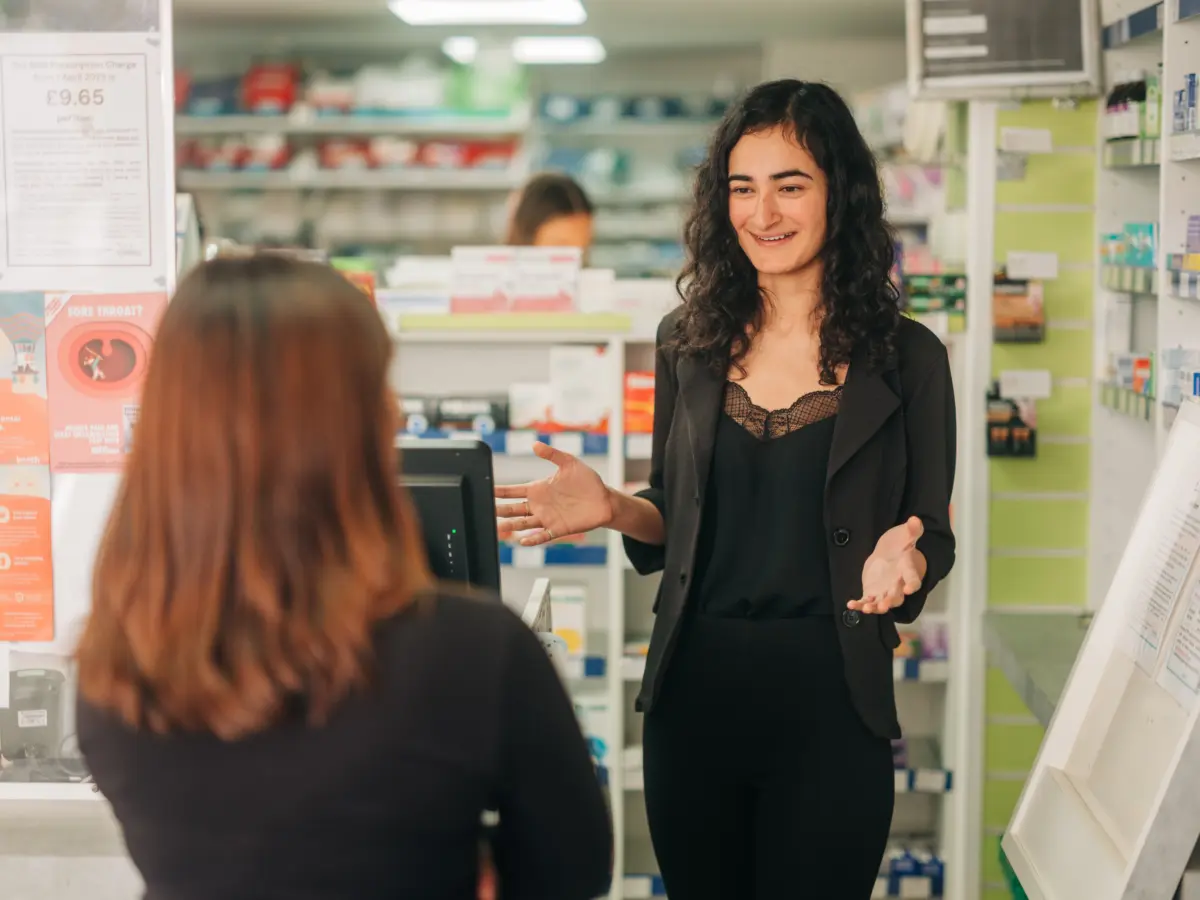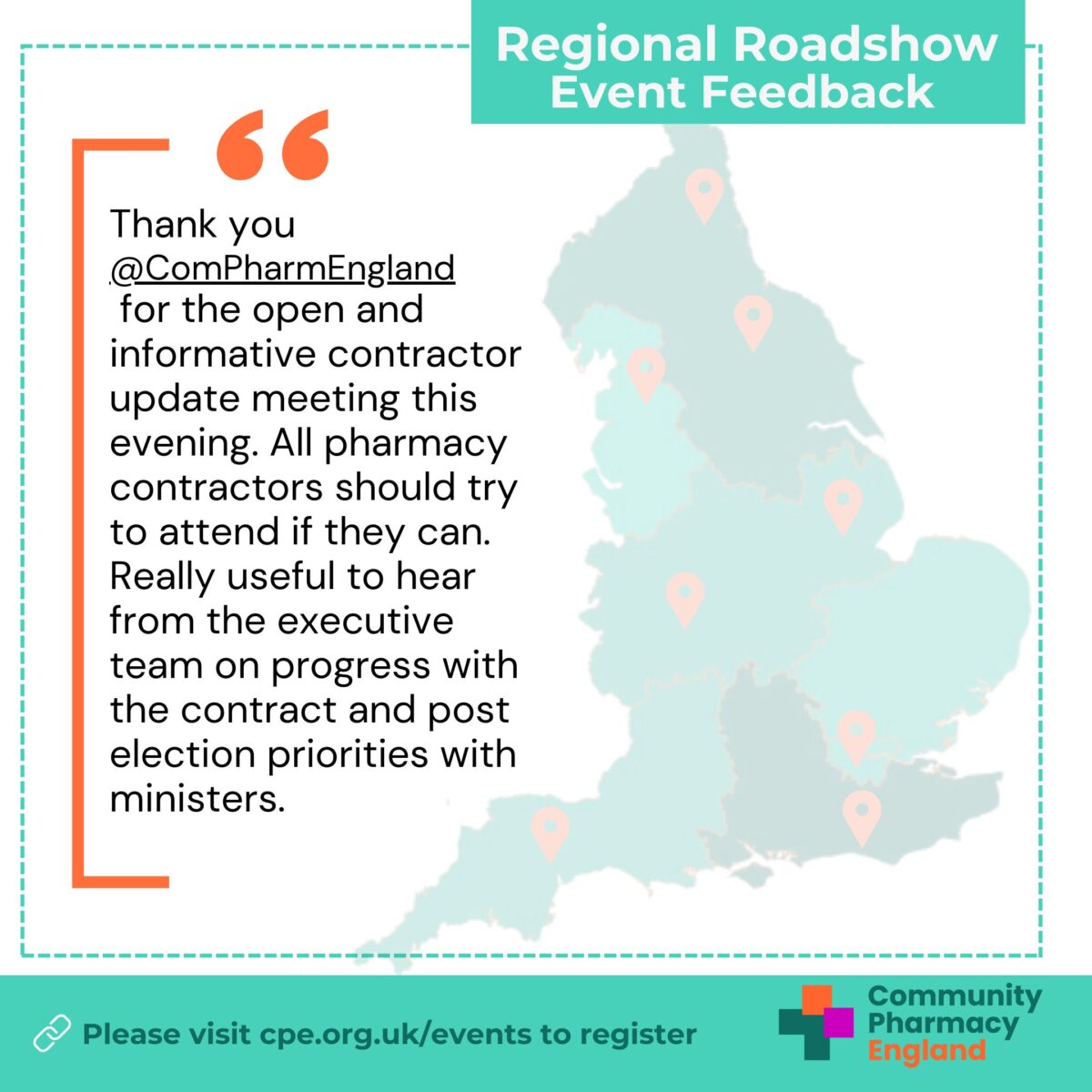NHS medicines shortages putting lives at risk
The Guardian highlights the severe shortage of medicines in the NHS, which is putting lives at risk. Pharmacists have expressed concerns about the number of products in short supply, which has doubled in the past two years, affecting treatments for various conditions including cancer, schizophrenia, and diabetes.
We shared the following statement with The Guardian about worsening medicines supply situation and how it is impacting patients.
Our Chief Executive Janet Morrison said:
“Pharmacy teams have been struggling to get hold of prescription medicines for many months but the problem is now worse than ever. It has become worryingly normal to see hundreds of medicines affected by pricing and other issues every month, with problems now a daily occurrence for pharmacies. The instability is putting operational pressures on pharmacy teams, financial pressures on pharmacy businesses, and for patients it means worrying delays.
Pharmacies are having to spend hours – on average an extra 11 hours per week – tracking down the medicines their patients need. This adds to stress for the pharmacy team and means they have less time to spend offering the wider healthcare services that patients want and need. Medicines supply issues are also consistently ranked as one of the most severe pressures facing pharmacy businesses, with pharmacies sometimes having to take huge financial risks buying medicines without any guarantee that these will be fully paid for. Pharmacies cannot afford to subsidise the NHS medicines bill.
Pharmacy teams are powerless to solve wider medicines supply issues and where they cannot find the medicines their patients need they often have to go back to GPs to amend prescriptions. This all causes worrying delays for patients, and in worst cases it can lead to a deterioration of their health: last year we surveyed people working in pharmacies and 87% told us that their patients’ health was being put a risk due to medicine supply issues. This is shocking, and Government and the NHS must step in to resolve these issues.
Medicines supply issues are being caused by a combination of factors, with Brexit, the ongoing war in Ukraine, the impact of the Covid-19 pandemic, and broader economic instability all playing a part. These factors stress the medicines supply chain and contribute to global supply issues. In the UK, medicine prices are now so low – driven by effective pharmacy procurement – that we believe the market is less attractive than others, meaning we may feel the impact of global medicines supply issues all the more sharply.
The NHS and Government need to step in to stabilise the UK medicines supply chain. We want to see a full strategic review of medicines supply in England to start to tackle the problem, and also for pharmacists to be empowered to use their knowledge to make simple changes to medicines where this can speed up supply of medicines safely. This step will help to alleviate this critical situation for both pharmacies and the communities they serve.”
—
Coverage
NHS medicines shortage putting lives at risk, pharmacists warn | The Guardian
Following this, further coverage appeared in The Sun, Evening Standard, GB News, and Daily Mail.
Janet Morrison also appeared on BBC Radio 4 in a live interview addressing the challenges faced by community pharmacies and patients due to supply disruption.









